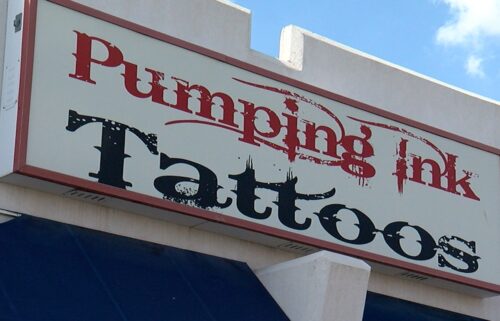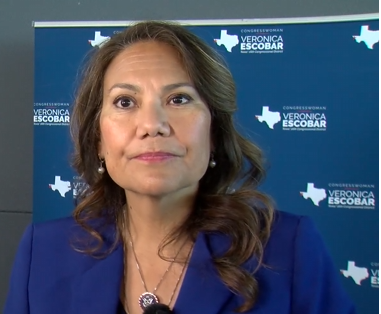Emma Watson looked shame in the face and won

When it comes to controversy, Emma Watson’s personal brand usually registers somewhere close to mild objection, like leaving the skins on mashed potatoes, or sneaking store-bought snacks into the movies. But the woman who gave us Hermione, Belle and that eerily convincing thief from The Bling Ring has now, at the ripe age of 29, landed herself a spot in the mic drop-quote hall of fame.
“I never believed the whole ‘I’m happy single’ spiel,” she told Vogue in an interview published this week. “It took me a long time, but I’m very happy [being single]. I call it being self-partnered.”
Now anyone might be forgiven for being blindsided by the “consciously uncoupled“-esque vibe of that remark at first glance. Indeed, many outright jeered. “Self-partnering means you can’t get a bloke, right?” suggested British TV host and, we can only assume, self-appointed relationship expert Piers Morgan. “What’s wrong with being single?” Twitter users demanded.
But isn’t that kind of the point? If society was kinder to single women, and our associations with the word “single” were generally more positive, there wouldn’t be any need for Watson to coin the phrase. Indeed, as Piers Morgan made his derisive comments on “Good Morning Britain,” the studio played the song most associated with the tragic loneliness of best-known “singleton” Bridget Jones — “All By Myself” — in the background.
It’s very weird, really. Emma Watson is as independent and privileged as is possible without being a white man in a similar position. Yet not only does she continue to share insecurities, those insecurities are met with a maelstrom of criticism for her honesty. By contrast, this week saw 55-year-old Keanu Reeves generate positive buzz for dating a woman merely nine years his junior. It is, as BBC journalist Louise Ridley pointed out on Twitter, “so telling that movie star, BAFTA winner, UN ambassador, Brown and Oxbridge graduate Emma Watson says she felt a pressure over not having a partner and a baby by 30.”
So why does the pressure for women to partner up remain so rife? There is little evidence that, for them, being in a couple is necessarily better than being single in terms of life expectancy, happiness or health. It is, however, in men’s interests for women to believe that they should partner up. Studies have repeatedly shown that a man is likely to live longer and enjoy better mental and physical health if he is married to a woman. It’s little wonder that centuries of PR in a male-run world have been dedicated to teaching women that they are sad or somehow deficient if they remain alone.
Elizabeth Gilbert, the bestselling author of “Eat Pray Love,” lamented in an interview earlier this year how she had “finished” the book. The neat happy ending, which saw her move from a year of self-discovery and independence into the arms of a new partner, implied that one year was quite enough time for self-fulfillment and exploration, before “going back to living a respectable, responsible life that looks the way a female is supposed to.”
“I had two marriages because I keep trying to do, in my own way, an imitation of what they (her female ancestors) modelled, which is be a wife,” she explained. “And I’m so f***ing bad at it! And so much of my shame and pain in my life has been about that I’m so bad at this.”
Indeed, the same shame machine is so powerful that many people who reacted to Watson’s interview — Piers Morgan included — apparently failed to pick up on the fact that she explained that she is dating, just choosing not to settle down with any one person. When the knee-jerk reaction to everything female celebrities say and do continues so often to be derisive or otherwise fault-finding, that kind of detail is usually lost.
Watson is clearly intelligent and self-aware. Talking to Vogue, she referred to the mixed reactions to her “coming out” as a feminist, and “sitting in therapy” feeling guilty that someone else might have enjoyed her extraordinary fame more.
In the knowledge that she will probably be lambasted by someone whatever she says, why shouldn’t she express herself harmlessly in a way she feels comfortable with? The only way for women, famous or not, to dash the shame imposed on them is to look it squarely in the face and do as they choose regardless.




